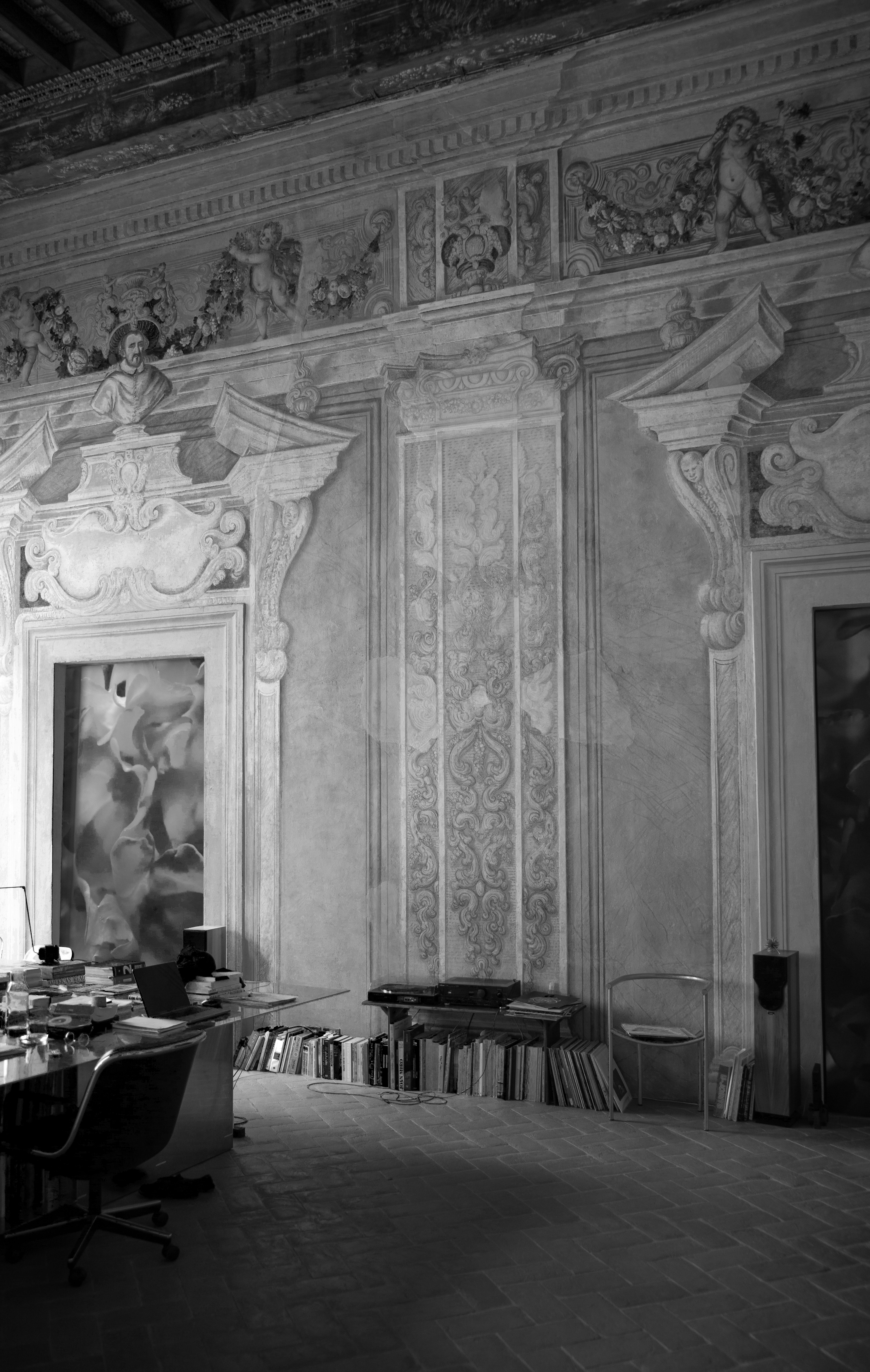SEE-OH-BAR-DEE
Contributor
Reciprocal Landscapes
LIFE BY LONG DISTANCE
Do not yearn for immortal life, my soul,
but exhaust the realm of the possible.
Pyndar, Pythian III (474 BC)
My home in Florence saved me, several times and in different, unexpected ways. It saved me from getting too comfortable in Zurich. It helped me survive the loneliness of the years of Covid, while I was battling cancer, and my (now ex-) boyfriend’s lies and affairs. It made me a responsible person, who pays taxes and knows all (or at least a lot!) about plumbing, home insurance, terracotta maintenance, and (very) extendable dust cleaners. It made me buy nice furniture, and more importantly it made me design (hopefully nice) furniture. It became a catalyst for many friends who are otherwise scattered around the world and who now go there to think, write, work, read, party, love, listen to music, cook, and live in a hundred different ways, with and without me.
More importantly, she (‘home’ is a feminine noun in Italian) made me reflect on the very notions of home and intimacy: how to coexist with someone that has already been alive for 601 years, and who is (hopefully) going to survive for a few hundred more? From the not-so-wide perspective of my 30 years of age, I measure the events of my life in years and months; my home remembers hers in centuries.
450 years ago, she would witness in her rooms the conception of the rules of “calcio fiorentino”—an unnecessarily violent sport still played every June in Piazza Santa Croce. The same author of these rules would also gather with his friends to discuss and compose music, eventually leading to the invention of the melodramma—the musical genre that predated the opera. He was called Giovanni de’ Bardi; his music is on Spotify. I am one of his six enthusiastic monthly listeners.
As an Italian, I am perfectly and painfully aware of the beauty of architecture and at the same time of its irrelevance. I envy my house for being born in the early 1400s. It’s a cool generation, through which architecture reached a level of clarity and of intellectual consciousness about its being a form of art.
My home must be furious thinking of when her facade, initially designed by Brunelleschi, was altered by the closure of the whole ground floor. She might remember when the adjacent silk factory was annexed, and she suddenly became one of the largest houses of the neighborhood. She is probably sad, thinking of the last Bardi heir who died in 1953 and left her to the municipality, but I like to imagine her happy when hundreds of high-school students began to flock in every morning—my friend Martino’s dad studied in my bedroom. In this long history, I think the most traumatic event must have been falling in the hands of the shortsightedness of a Milan-based real estate company. Sharing the destiny of many beautiful old palazzi, she was badly restored, split in too many units, and sold at prices inaccessible to most Italians—resulting in a very desolate existence.
Almost 20 years later, I am one of the very (very) few people who live in the palazzo, and I barely know the names of the owners of the other 21 (sigh) apartments. I live in three identically enormous, impossible to heat, hard to furnish, decorated rooms: each of them ready to host any action, any personality and lifestyle, without prescribing any. What the house taught me in these years is that my life, however long or short, won’t ever be comparable to hers. I’m but an episode, one of the many, only a resident.
The evolution of science seems to suggest that the best way to describe reality is change, not permanence. Not being, but becoming. I believe that a space like this should be lived, intensely, and that’s why together with a few friends I started c/o bardi (known online in its phonetic translation: @see-oh-bar-dee) – a gallery on demand, a residency for artists and designers, a home for me and for many more. With an “against from within” attitude, we accept Florence’s hyper-tourism and rent the house but only to support its opening through exhibitions and creative residencies, so this private space can again surge to a public dimension through its cultural production.
I like to think that through these projects she will again align to our human pace, changing and becoming. Like Rilke writes in Archaïscher Torso Apollos: ‘Du mußt dein Leben ändern’—your life, you must change it.
